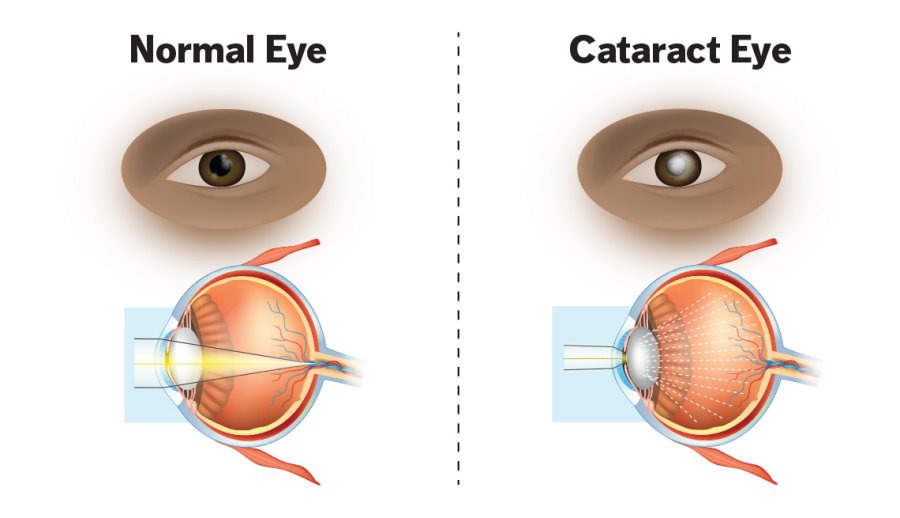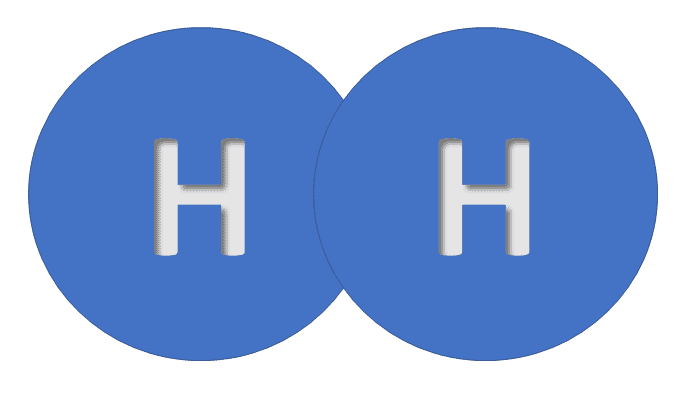
A cataract is the leading cause of irreversible blindness worldwide. Increasing evidence indicates that oxidative stress is an important risk factor contributing to the development of cataracts. Moreover, the enhancement of the antioxidant defense system may be beneficial to prevent or delay cataractogenesis. The term oxidative stress has been defined as a disturbance in the equilibrium status of oxidant/antioxidant systems with progressive accumulation of reactive oxygen species (ROS) in intact cells. Superfluous ROS can damage proteins, lipids, polysaccharides, and nucleic acids within ocular tissues that are closely correlated with cataract formation. Therefore, prevention of oxidative stress damage by antioxidants might be considered as a viable means of medically offsetting the progression of this vision-impairing disease. In the eye, ROS subtypes such as the hydroxyl radicals (OH−) and the peroxynitrite (ONOO−) can attack the aforementioned biological molecules, leading to lipid peroxidation and depletion of the antioxidant enzymes superoxide dismutase (SOD) and glutathione (GSH), which further exacerbate oxidative stress.
 Molecular hydrogen has recently been verified to have protective and therapeutic value as an antioxidant through its ability to selectively reduce cytotoxic ROS such as hydroxyl radical (OH). Unlike most well-known antioxidants, which are unable to successfully target organelles, hydrogen has advantageous distribution characteristics enabling it to penetrate biomembranes and diffuse into the cytosol, mitochondria, and nucleus. Intriguingly, hydrogen does not disturb the metabolic oxidation-reduction reactions, innate immune system, or physiologic parameters. It has been found that hydrogen selectively quenches detrimental ROS such as OH and ONOO, while maintaining metabolic oxidation-reduction reaction and other less potent ROS, such as superoxide anion radical (O2), hydrogen peroxide (H2O2), and nitric oxide (NO). Consequently, hydrogen might be an effective antioxidant to protect against lens damage, and it is important to further explore the biological mechanism underlying its potential therapeutic effects.
Molecular hydrogen has recently been verified to have protective and therapeutic value as an antioxidant through its ability to selectively reduce cytotoxic ROS such as hydroxyl radical (OH). Unlike most well-known antioxidants, which are unable to successfully target organelles, hydrogen has advantageous distribution characteristics enabling it to penetrate biomembranes and diffuse into the cytosol, mitochondria, and nucleus. Intriguingly, hydrogen does not disturb the metabolic oxidation-reduction reactions, innate immune system, or physiologic parameters. It has been found that hydrogen selectively quenches detrimental ROS such as OH and ONOO, while maintaining metabolic oxidation-reduction reaction and other less potent ROS, such as superoxide anion radical (O2), hydrogen peroxide (H2O2), and nitric oxide (NO). Consequently, hydrogen might be an effective antioxidant to protect against lens damage, and it is important to further explore the biological mechanism underlying its potential therapeutic effects.
Call Now: 1800-102-0908
Website: https://www.kykindia.com